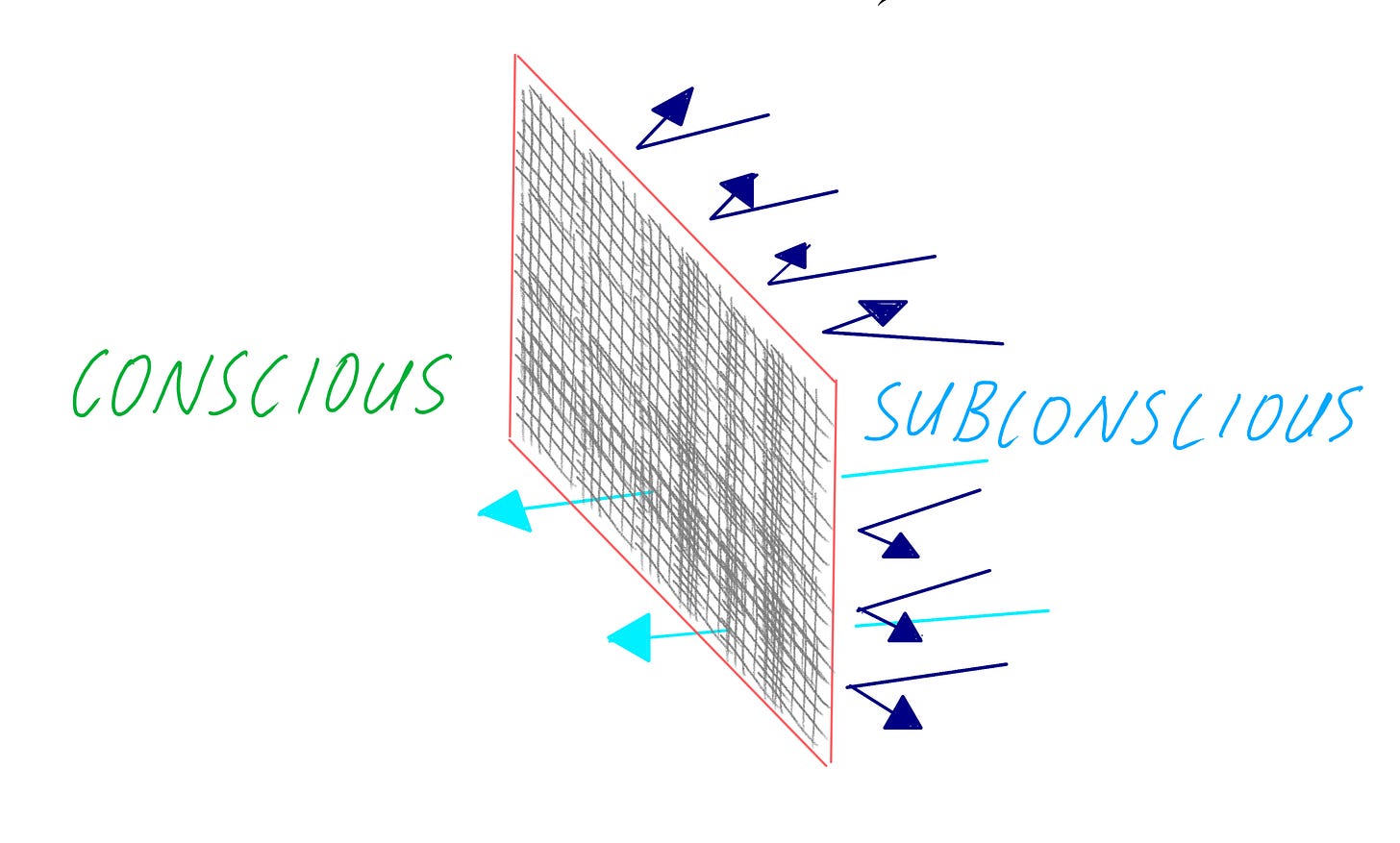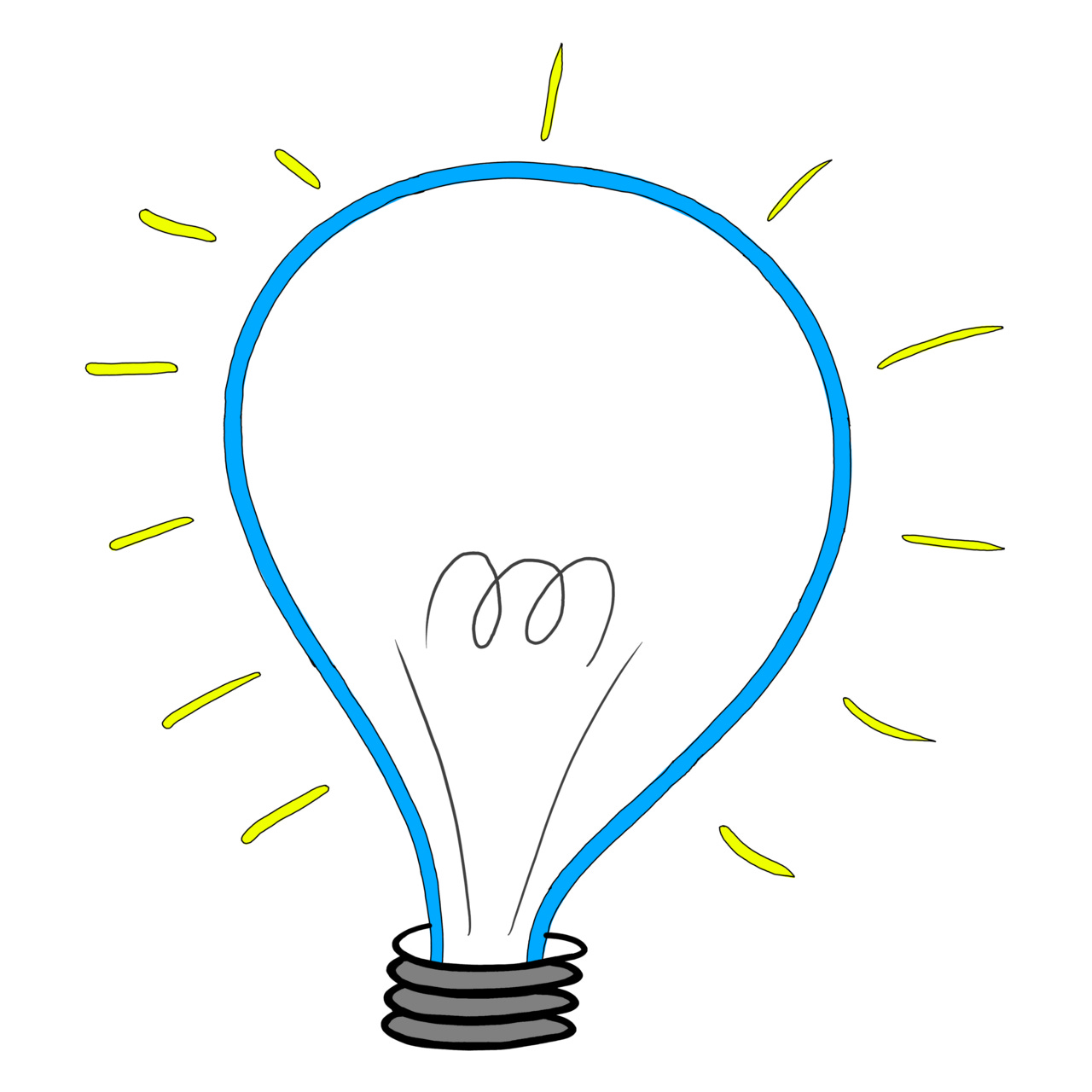The Great Attention Heist
How Your Phone is Stealing Your Mind
There was a time when I couldn’t sit and write like this. The pull of my phone was too strong, too constant. I thought I was productive, engaged, keeping up with the world, but in reality, I was being pulled in a dozen different directions at once, my attention shattered into fragments too small to do anything meaningful with.
And then I stopped.
This all started with Marie Vandoorne’s 30-Day Social Media Detox. I first wrote about it on June 7th, 2024, over on Thirteenth Strike (see here), but I had no idea then just how much of an impact it would have. What began as a short experiment turned into a complete rethinking of my relationship with technology.
At first, it was just an experiment—limiting phone usage during the day, keeping it out of reach, resisting the itch to check. Within days, I noticed something I hadn’t expected: my ADHD symptoms, which I’d spent years battling, seemed to recede. My thoughts became clearer, my focus sharper. It was like my brain was stretching out after being compressed for years.
The link between ADHD and screen time isn’t just anecdotal. The sheer volume of artificial stimulation we’re exposed to is unprecedented. TV was one thing, but the internet—optimized by algorithms designed to hijack attention—has taken it to another level. The human brain isn’t meant to process this much information, especially not information that is fragmented, fleeting, and often utterly useless. Now w have an entire population walking around with digital-induced attention disorders, mistaking overconsumption for productivity.
The Internet's Allure—and Its Trap
We were sold a dream. Social media promised connection, knowledge, and opportunity. Instead, we got platforms that thrive on division, distraction, and dopamine addiction. The benefits of social media were overstated from the beginning, and yet we all fell for it. The idea of being “connected” to millions of people at once was intoxicating. Who wouldn’t want that? But what did we really get? A relentless flood of information, opinions, and negativity that warps our perception of reality.
The problem is, most people have never been truly disconnected. They don’t know what life without a phone in hand feels like. They don’t realize how much of their stress, anxiety, and negative thought patterns are fueled by the very thing they turn to for distraction.
The Productivity Illusion
Phone addiction isn’t just about mindless scrolling—it’s about the false sense of productivity it creates. It makes us feel like we’re doing something, learning something, keeping up. But in reality, most of what we engage with online has no impact on our actual lives.
And worse, it actively impairs deep work. Knowledge workers, in particular, are drowning in distractions. Meetings, notifications, switching between tasks—none of it leaves space for real thinking. The modern work environment expects constant availability, but at what cost? The ability to sit with a problem, to think deeply and critically, is being eroded.
I’ve seen it firsthand. The days I don’t use my phone, I think better, work better, write better. The urge to check, to react, to consume disappears, and in its place, I’m left with time—time to focus, to create, to think in ways that actually matter.
The Dopamine Problem
This is what it feels like—like there’s a filter between my conscious and subconscious, blocking clarity. The more I step away from my phone, the more that filter fades.
One of the biggest lies about social media is that it provides real validation. That heart on your post? That’s not real. It’s a chemical trick, a hit of dopamine that keeps you coming back, needing more. And over time, it rewires your brain. You build tolerance, needing more likes, more comments, more engagement to feel the same rush. And in the process, you lose appreciation for real-world interactions, for the slower, more meaningful rewards of offline life.
I noticed this shift in myself. The more I disconnected, the more I began to appreciate small things—reading without distraction, writing without an agenda, even just watching my kids play without feeling like I should be “doing” something else.
A Practical Approach to Reducing Phone Usage
Going completely off-grid isn’t realistic for most people, but there are ways to reclaim control:
Delete unnecessary apps—the fewer entry points, the better.
Replace essential apps with web versions—this adds friction, making it easier to resist impulse usage.
Turn off notifications—stop letting your phone dictate your attention.
Set usage boundaries—no phone in bed, no phone during deep work, no checking first thing in the morning.
Use an actual alarm clock—your phone shouldn’t be the first and last thing you see each day.
These small shifts add up. The less time you spend on your phone, the more time you get back—time that isn’t just “free” but actually valuable.
Not sure how to actually implement these changes? If there’s interest, I can write a deep dive on the practical steps to making these shifts—breaking down exactly how to reduce phone usage without it feeling like a battle. Let me know.
The Real World is Still Out There
Too many of us are living life through a screen, experiencing everything secondhand. We scroll instead of live, react instead of reflect. But once you step back, the illusion starts to crumble.
What I’ve learned in this process is simple: life feels better without the constant pull of a device. Attention is precious. It’s time to start treating it that way.
Coming Next Month
Next month, I’ll be going even deeper—breaking down my phone usage habits over the past year, the changes I made, and the impact they’ve had. If you’ve ever wondered what life feels like when you step away from the screen, you won’t want to miss it. Subscribe now and join me as I explore the reality of digital detoxing in depth.






I've cut my phone usage down dramatically over the last month or so, I think we may have discussed it previously, it's half of what it was. Not having my phone at my desk when I'm at work and using Substack on my laptop rather than my phone (most of the time) have been two really simple ways to get that down. Granted I'm still using a screen to use Substack but I'm batch replying to and making comments intentionally rather than checking in when I'm bored or waiting for the kettle to boil etc.
I'm not sure I am self aware enough to say I have noticed any difference in myself other than I'm clearly not using my phone as much, but that's another issue entirely!
Looking forward to seeing some stats in the next one Braeden, because I'm geeky like that!